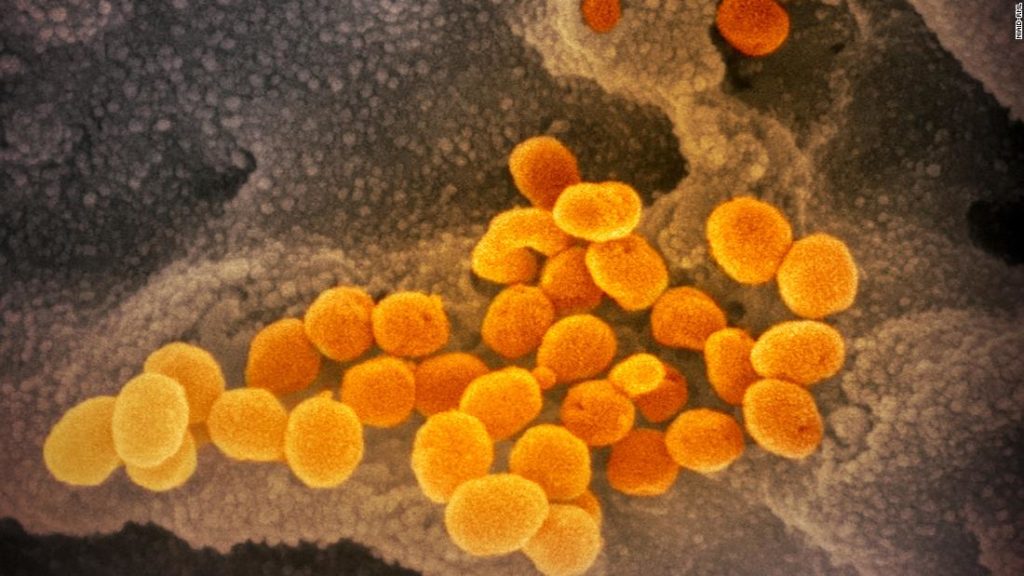
While the USA Food and Drug administration reviews the Moderna and Pfizer vaccine candidates’ data for emergency use authorization, CNN’s chief medical correspondent Dr. Sanjay Gupta outlines key things you should know about how the process will work.
How does the vaccine approval process work?
So far, all of the data about the effectiveness of the vaccine has come from the companies manufacturing them. Now, the FDA scientists will review that data to consider the finer points on the protections these vaccines provide.
“Are there certain groups of people who did better with this vaccine or worse? Do we have any insights into durability? We know that maybe it prevents disease but does it also prevent infection? Does it prevent transmission? These are all open-ended questions and… that’s what they’re focused on,” Gupta explains.
A vaccine can prevent me from getting sick but can it also prevent me from being a carrier?
Moderna and Pfizer vaccine candidates have shown high effectiveness in preventing people from getting Covid-19. But the data has not shown yet if the vaccines prevent people from getting infected or from transmitting the disease. “So far, we can’t say for sure,” Gupta says.
If someone already had Covid-19, should they still take the vaccine?
Scientists are saying that a vaccinated immunity should last longer than a naturally acquired immunity, Gupta reports. The immunity you get from contracting Covid-19 does last for a certain amount of time but the nature of the vaccine should provide longer immunity. It’s unclear how long that might be. Pfizer and Moderna have two doses. One primes the immune system, then the second shot sort of boosts it. This makes it a better option for obtaining immunity, Gupta adds.
Could the new technology used to create these vaccines cause healthy cells to mutate or cause cancer down the road?
It is not entering the nucleus of the human cell where it would interfere with DNA so there is no evidence that it would cause mutations nor is there any evidence that it would actually cause an infection, Gupta says.
“You are not giving the virus, you’re giving the genetic sequence for a portion of the virus. So someone cannot become infected with this either,” he added. “They’re still going to need the long-term studies but at least the two months’ worth of data seem to show that it was safe.”
Can people decide which vaccine to take?
Initially, there won’t be a much of a choice. Pfizer’s vaccine needs very specific cold storage so it may be the only one you can take if you live in a community where that storage facility is available. Moderna may be able to go to smaller cities and smaller facilities like even nursing homes.
“The expectation is that by January you may have the Johnson & Johnson vaccine, AstraZeneca vaccine applying for [Emergency Use Authorization,]” Gupta said. If this becomes a yearly shot, then people may have the option to choose.
Watch Dr. Sanjay Gupta answer your coronavirus vaccine questions:
You can read more of the answers to all of your coronavirus questions at cnn.com/coronavirusanswers. If you have specific vaccine related questions, submit them here and we will try to find you some answers.
You may also like
-
UK coronavirus variant has been reported in 86 countries, WHO says
-
NASA technology can help save whale sharks says Australian marine biologist and ECOCEAN founder, Brad Norman
-
California Twentynine Palms: Explosives are missing from the nation’s largest Marine Corps base and an investigation is underway
-
Trump unhappy with his impeachment attorney’s performance, sources say
-
Lunar New Year 2021: Ushering in the Year of the Ox

